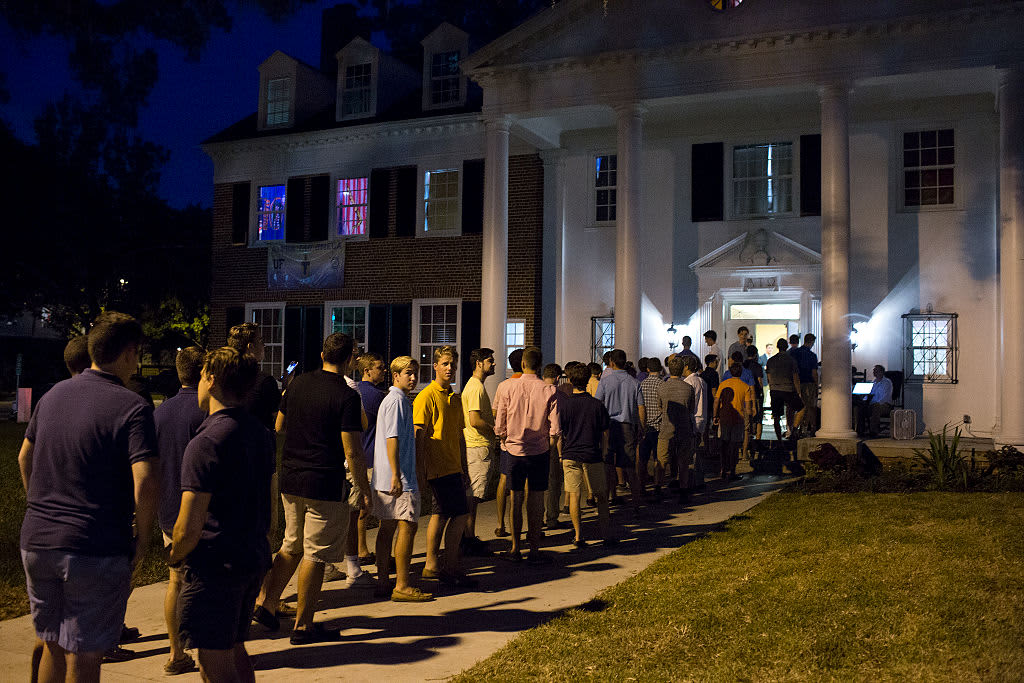In recent years, social media has played a pivotal role in igniting social justice movements and bringing attention to important issues such as racial justice, gender equality, and police brutality. One of the latest movements to gain momentum through social media is the Abolish Greek Life movement, which seeks to dismantle fraternity and sorority systems in universities across the United States.
The movement, which has gained traction on platforms such as Instagram, Twitter, and TikTok, has been fueled by stories of hazing, racism, sexual assault, and toxic behavior within Greek organizations. These stories have shed light on the harmful and exclusive culture that exists within many Greek chapters, leading to a growing call for their abolition.
One of the key factors in the rise of the Abolish Greek Life movement has been the power of social media to amplify voices that have long been silenced or ignored. Survivors of hazing and sexual assault, as well as individuals who have experienced discrimination within Greek organizations, have been able to share their stories on social media platforms, reaching a wider audience and sparking conversations about the need for change.
Additionally, social media has provided a platform for organizing and mobilizing supporters of the movement. In recent months, petitions calling for the abolition of Greek life have garnered thousands of signatures, and virtual events such as webinars and panel discussions have provided space for discussion and education on the issue.
Furthermore, social media has been instrumental in holding Greek organizations and university administrations accountable for their actions. Students and alumni have used platforms like Instagram and Twitter to share their concerns and demand transparency and accountability from those in power.
While the Abolish Greek Life movement is still in its early stages, its impact has already been felt on college campuses across the country. Several universities have taken action in response to the movement, with some suspending Greek activities and others conducting reviews of their fraternity and sorority systems.
As the movement continues to grow, it is clear that social media will play a crucial role in shaping its trajectory and impact. By providing a platform for marginalized voices to be heard, organizing support and awareness, and holding institutions accountable, social media has been a powerful force in driving the push to abolish Greek life and create a more inclusive and equitable campus environment.
